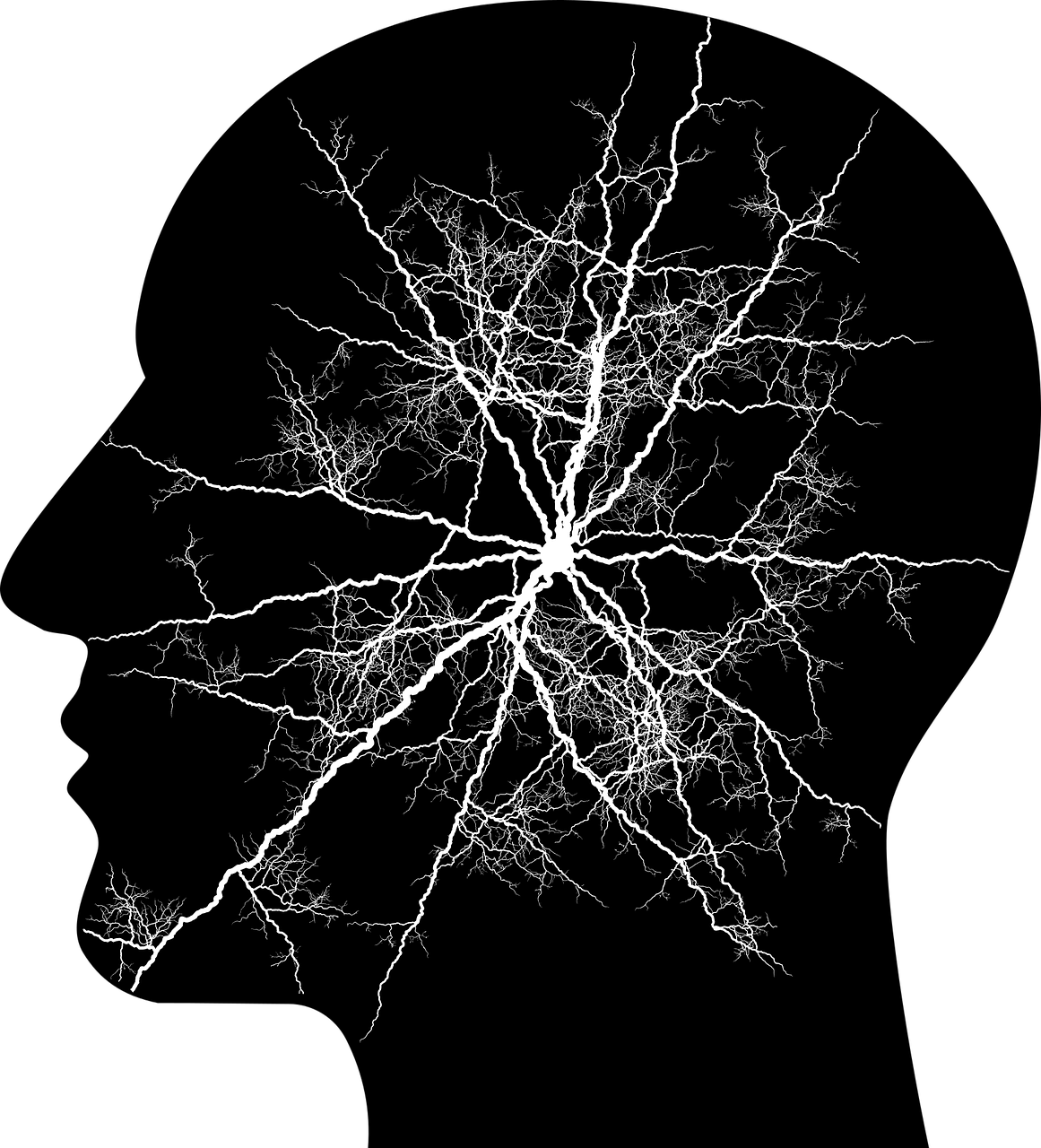Multiple Sclerosis
What is it? How does it happen?
Multiple Sclerosis (MS) is an autoimmune disease, meaning it is caused by an overactive immune system. Think of an electrical wire- a copper core, insulated by a plastic coating. Nerves are very similar- a nerve is surrounded by a fatty coating called “myelin,” which insulates the nerve. With Multiple Sclerosis, the immune system misidentifies the myelin coating as an “outsider” and attacks it by “peeling” it off of the nerve. Much like peeling the plastic coating off of an electrical wire, the unmyelinated nerve cannot effectively conduct electrical impulses.
MS can manifest in a few different ways. Relapsing-Remitting MS is typified by multiple attacks or flares, after which you return to normal. Progressive MS is seen in those who do not return to baseline between attacks. If it is your first attack, you may be diagnosed with a “Clinically Isolated Syndrome” or CIS.


What Does MS feel like?
Signs and symptoms
Sudden or Gradual onset of focal neurological deficits, which may include (but are not limited to):
- Numbness of your face, arm, and/or leg
- Weakness of your face (facial droop), arm, and/or leg
- Change or loss of vision
- Painful Eye Movement
- Limited Eye Movement
- Loss of coordination or balance
- Difficulty walking
- Band-like sensation around the trunk
- Difficulties with bladder, bowel, and sexual functioning
- Cognitive changes, emotional changes
- Spasticity
Who typically gets it?
Risk Factors
It is not known what may “cause” Multiple Sclerosis, but it is considered an auto-immune disease. Some of the factors discovered to be related to the development of MS are listed here. Of note, it is not confirmed that MS is inherited, though the risk of MS may be inherited. There are many environmental factors which may “turn on” the disease pathway.
Female Gender
MS is more prevalent among females, typically between 30-50 years of age (though outliers are common). A significant challenge exists for this group, as many young women with MS may wish to have children. Share these plans with your doctor as you formulate a plan together.
Sun Exposure
Sun exposure during childhood has long thought to play a role; it is thought that more vitamin D exposure (through the sun) is neuroprotective against MS. This was discovered during epidemiological studies; MS was found to be more prevalent further from the equator.
Smoking
Smoking is destructive to the brain. It is found that MS patients who smoke have a more difficult clinical course. This is a great reason to stop smoking if you've been diagnosed with MS.
Other Auto-Immune Diagnoses
Those with one auto-immune diagnosis may be at risk for MS, as well. Share these diagnoses and any treatments with your doctor, to better formulate your plan.
Viruses & Bacteria
There are many viruses and bacteria currently being investigated for a link with MS development later on in life. No confirmed link has yet been discovered, however.
What can be done if I have MS?
Treatment Options

Active Flare
Steroids are the standard of care for an active flare of Multiple Scleorosis.
Preventative Therapy
There are a variety of medications used to prevent flares, and the risks and benefits of each should be discussed in detail with your doctor to find the right match for you.
Symptomatic Therapy
There are some available medications for the remaining discomforts of MS, including painful numbness, fatigue, gait difficulty, for a few examples.
Supportive Therapies
This may include allied health services, such as physical or occupational therapies, psychologists, psychiatrists, and more.
How can MIND help?
Our Services
Not only do we consult on your case to perform a Root Cause Analysis, you will also learn new habits to prevent MS flares or deal with ongoing MS symptoms.
Nutrition
We specialize in lifestyle changes tailored to patients with MS. Small changes can make a big difference- and we don't believe in sacrificing flavor.
Exercise
30 minutes per day, 5 days per week. Let us help figure out a plan that appeals to you! (Hint: it shouldn't hurt!)
Medication
We do believe certain medications get the job done and are necessary, but we believe in low and slow dosing when appropriate, and will always take your preferences into account.
Complementary Therapies
This may include supplements, acupuncture, yoga, massage, or others, and is tailored to your comfort level.
The Bottom Line
Multiple Sclerosis is an auto-immune condition which damages the nerve.
If you have any sudden onset of focal neurological deficits, such as numbness, weakness, eye/visual changes, cannot walk, or bladder/bowel/sexual dysfunction, please present to the ER. It is imperative they rule out other neurological conditions.
Additional Resources
Take a deeper dive:


